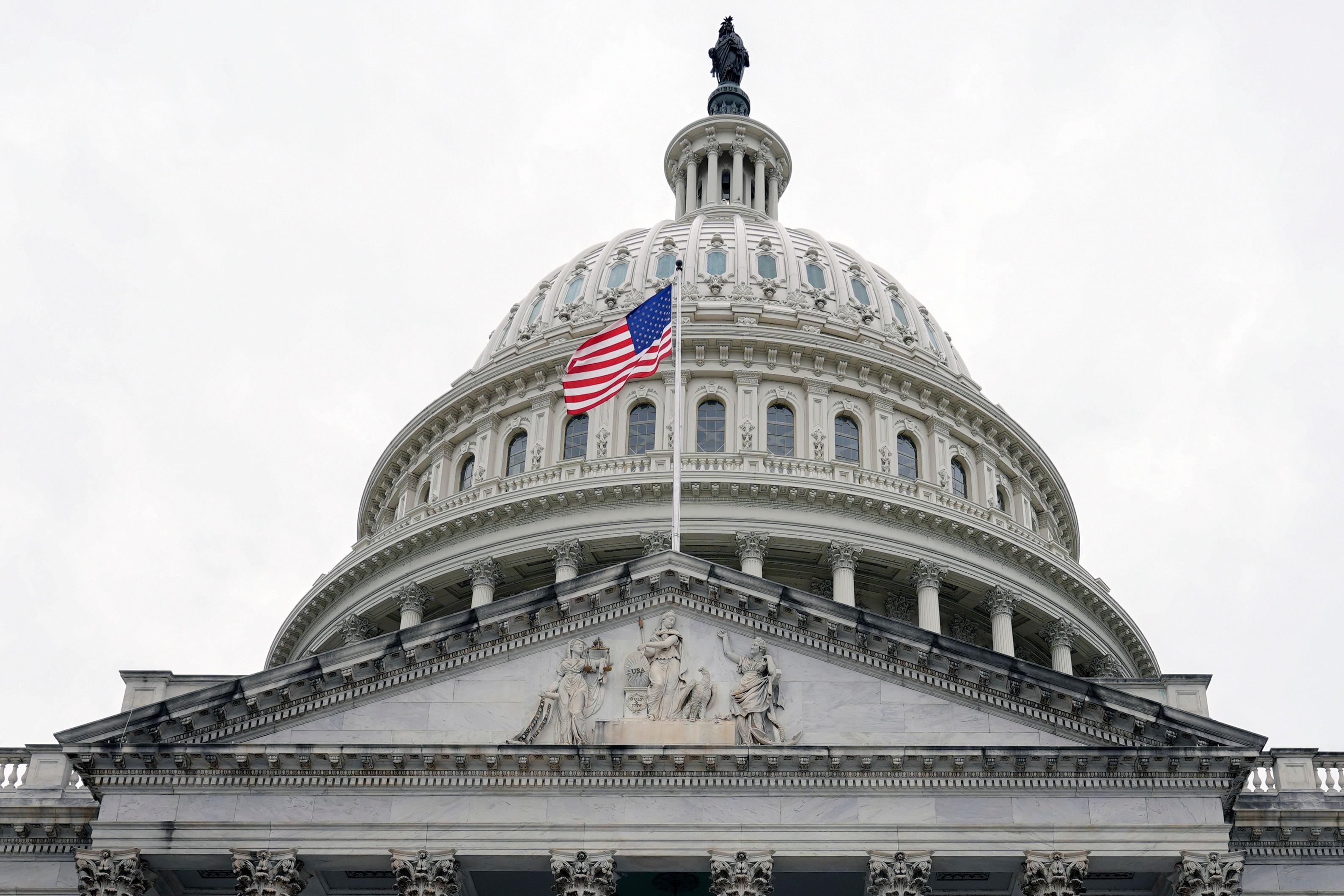
The letters keep coming as House Republicans remain divided over what to do with clean energy tax credits created by the Inflation Reduction Act.
That split is reflected among Colorado House Republicans, where some want to keep the credits that have helped their districts, and others want to see a full repeal of former President Biden’s signature climate, tax and health bill.
In March, freshman Reps. Jeff Hurd and Gabe Evans signed onto a letter asking to protect some of the energy tax credits from the IRA.
Hurd is optimistic that leadership will heed that request, noting that companies that have been planning on those credits.
“Particularly when it comes to utility infrastructure and investment, they make decisions on a 5-, 10- 15-, 20-year time horizons. And when we're constantly changing the rules, it makes it hard for business to prepare and to keep energy costs low,” Hurd told CPR News..
But at the start of this month, a few dozen GOP lawmakers, including Rep. Lauren Boebert, sent leadership an opposing letter, asking for a full repeal of all the IRA tax credits.
“Republicans ran—and won—on a promise to completely dismantle the IRA and end the left’s green welfare agenda,” they wrote. “Leaving IRA subsidies intact will actively undermine America’s return to energy dominance and national security. In 2024 alone, solar represented 61% of all new electricity generation in our nation, with more expected this year. By the end of this year, wind generation in the U.S. is expected to increase 11% from 2023 because of these subsidies. These numbers do not reflect a natural market shift.”
“The Inflation Reduction Act was a scam. It was the Green New Scam,” Boebert told CPR News. “I want to see subsidies end across the energy sector. I don't want the heavy hand of the government coming in and choosing winners and losers.”
A report from Energy Innovation, a think tank devoted to tackling climate change through energy policy, found that repealing the current federal policies would increase utility bills and reduce job growth in Colorado. “Lower investment and higher energy bills due to repealing these federal programs and tax incentives will cost nearly 10,800 Colorado jobs in 2030 and nearly 6,800 jobs in 2035, compared to current policies.”
For example, companies like CS Wind and Vestas, which manufacture wind turbines in Hurd and Evans’ districts, utilized IRA tax credits. And several local electric cooperatives in Colorado — CORE Electric Cooperative, United Power, and Yampa Valley Electric Association — received IRA funds through the Empowering Rural America program to help them get more energy from renewables.
Energy tax credits are in the crosshairs not just because some Republicans philosophically oppose them, but also because Congressional leaders are scouring federal spending for savings to help offset the cost of their massive budget package.
While some consumer tax credits are expected to go away, such as the electric vehicle tax credit, the IRA tax credits geared towards investors and producers could potentially survive the reconciliation process. That has Republicans haggling over which ones to save.
New York Republican Rep. Nick LaLota, who signed the letter asking to preserve some of the IRA clean energy tax credits, was optimistic.
“There are about 20 Republican members who have asked that we don’t throw the baby out with the bathwater on some of those energy tax credits. They’re good, they’re common sense, they’re reasonable.”
He wouldn’t say which ones he particularly cares about, but added that the devil will be in the details when the Ways and Means committee releases its reconciliation text, which could come as early as next week.
Funding for public media is at stake. Stand up and support what you value today.









